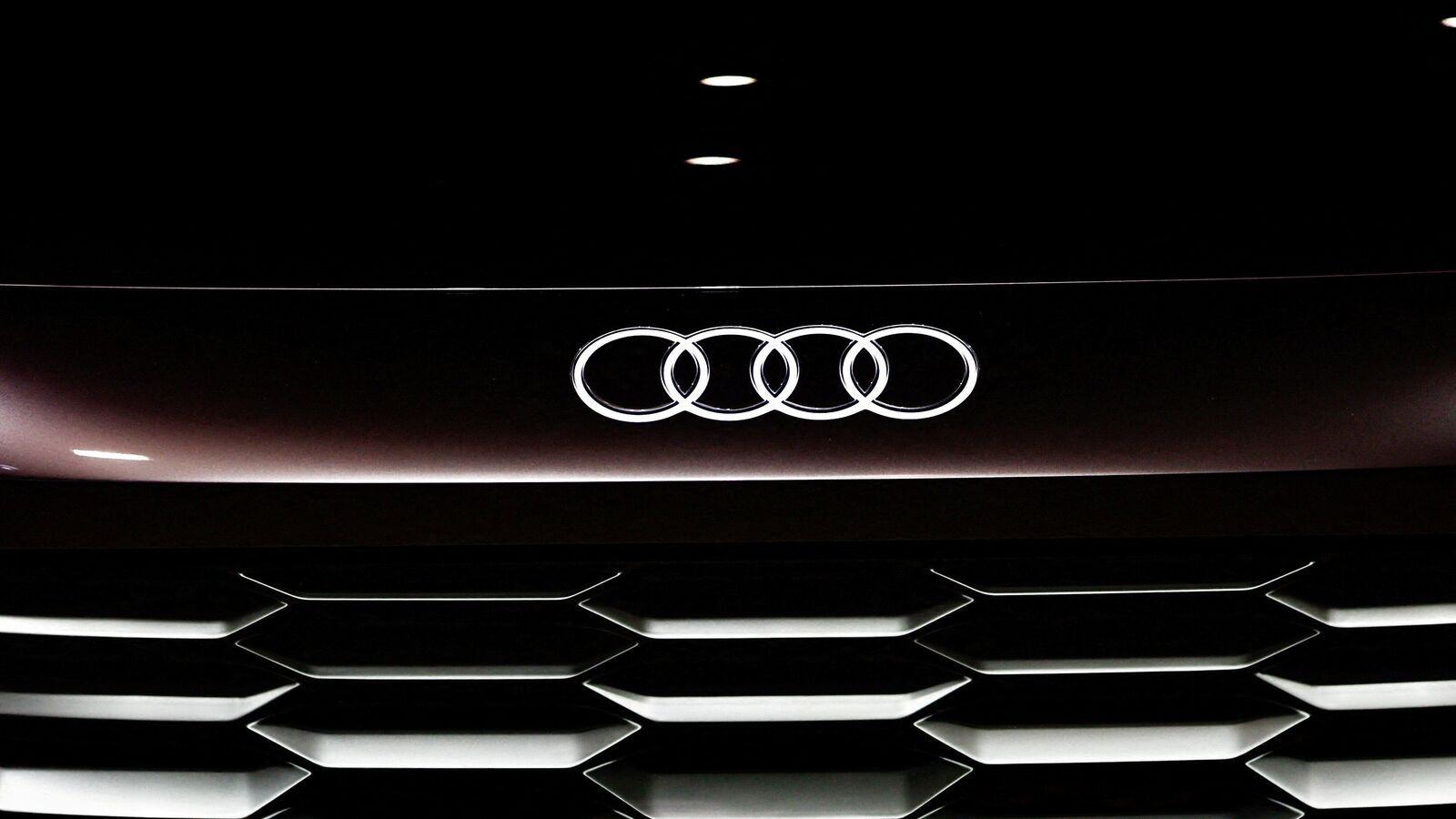Audi is embarking on journey towards electrification, with plans to introduce over 20 new electric models by 2025 and electrify all core segments by 2
…
The automotive industry is experiencing a significant transformation on a global scale, influenced by a combination of factors such as climate change and regulatory pressures. This shift has prompted a widespread belief that electric vehicles (EVs) represent the future of mobility. However, despite these advancements, the pace of EV sales is anticipated to decelerate in 2024
This however doesn’t seem to affect Audi. The German luxury automaker has set its sights on a greener future, unveiling a roadmap that includes the introduction of over 20 new electric models by the end of 2025 across global markets. Central to Audi’s electrification strategy is the plan to electrify all core segments by 2027.
To support this electrification drive, Audi AG has earmarked a significant capital expenditure of EUR 41 billion for the period between 2024-2028. This investment will be crucial in developing new internal combustion engine (ICE), plug-in hybrid electric vehicle (PHEV), and other segments, as well as battery electric vehicles (BEV) and digitisation.
Dollner said, “We are planning more than 20 new models in 2024 and 2025, including the presentation of the A6 e-tron in the summer of 2024 and the new generation of the A5 and Q5 as the first models on the new Premium Platform Combustion (PPC) in the second half of the year.”
In addition, the transitional period will require starting off with highly efficient combustion-engine models and plug-in hybrids, Dollner stated. “The 50 per cent increase in electric vehicles delivered in 2023 confirms our path toward electric mobility,” he added.
Audi delivered 1.78 lakh electric vehicle units last year, a growth of 51 per cent as compared with 2022. “We are currently launching the largest model initiative in the history of Audi, while at the same time continuing the fundamental transformation of the company,” Dollner said.
Audi’s foray into the electric vehicle market is spearheaded by the Audi Q6 e-tron, a groundbreaking model that showcases Audi’s commitment to cutting-edge technology and design. The Q6 e-tron is the first model built on Audi’s Premium Platform Electric (PPE), offering a range of up to 625 kilometers. This impressive range, coupled with Audi’s renowned luxury and performance, is set to redefine the electric SUV segment.
Commitments for India
Beyond its product lineup, Audi is also focusing on enhancing its manufacturing capabilities to support its electric ambitions. In India, Audi is exploring the possibility of commencing local assembly of electric vehicles, a move that would make EVs more accessible to Indian consumers.
Currently, Audi India imports its entire range of electric vehicles, including models like the Q8 50 e-tron, Q8 55 e-tron, and e-tron GT. By localising production, Audi aims to tap into the growing demand for electric vehicles in India and expand its customer base in the country.
Audi’s commitment to sustainability extends beyond its product lineup. The company is also actively working to reduce its carbon footprint across its operations. This includes initiatives to increase energy efficiency, reduce waste, and promote sustainable practices throughout its supply chain.
Also Read : Audi praises India’s new EV policy as it aims to start local manufacturing
Looking ahead, Audi is optimistic about the future of electric mobility. The company aims to significantly increase its EV penetration in India, with a target of 50 per cent of sales coming from electric vehicles by 2030. This aligns with Audi’s global vision to become a fully electric vehicle manufacturer from 2033 onwards. By focusing on innovation, sustainability, and customer-centricity, Audi is driving towards a future where luxury meets sustainability on the roads of tomorrow.
Audi’s commitment to sustainability is not just limited to its product lineup but also extends to its manufacturing processes. The company is actively working towards reducing its carbon footprint and has set ambitious targets to increase energy efficiency and reduce waste across its operations. Additionally, Audi is committed to promoting sustainable practices throughout its supply chain, working closely with suppliers to ensure responsible sourcing and production.
In India, Audi is taking concrete steps to expand its electric vehicle offerings. The company is exploring the possibility of commencing local assembly of electric vehicles, a move that would not only make EVs more affordable but also create local job opportunities and contribute to the growth of the Indian economy. By localising production, Audi aims to cater to the growing demand for electric vehicles in India and establish itself as a leader in the country’s EV market.
First Published Date: 21 Mar 2024, 09:03 AM IST

